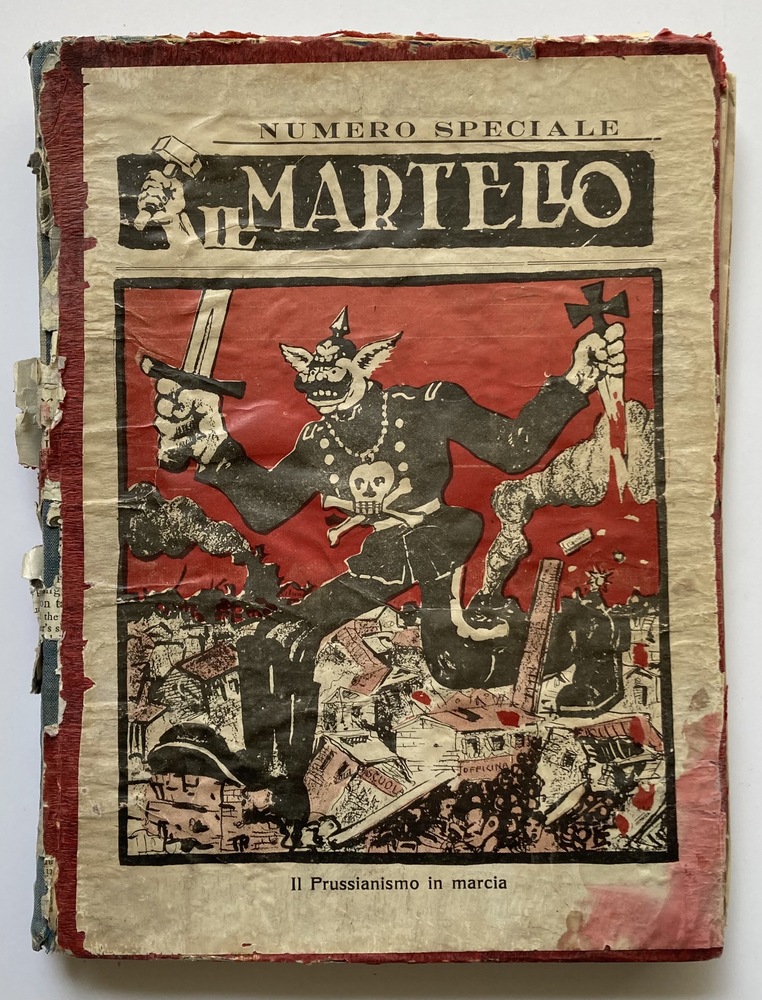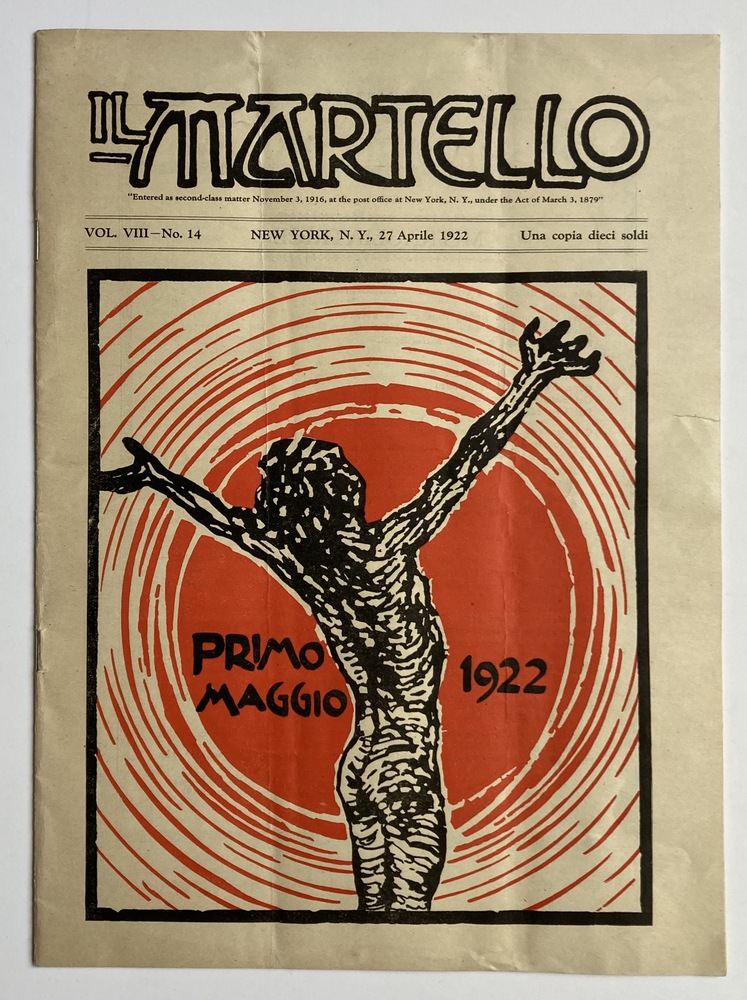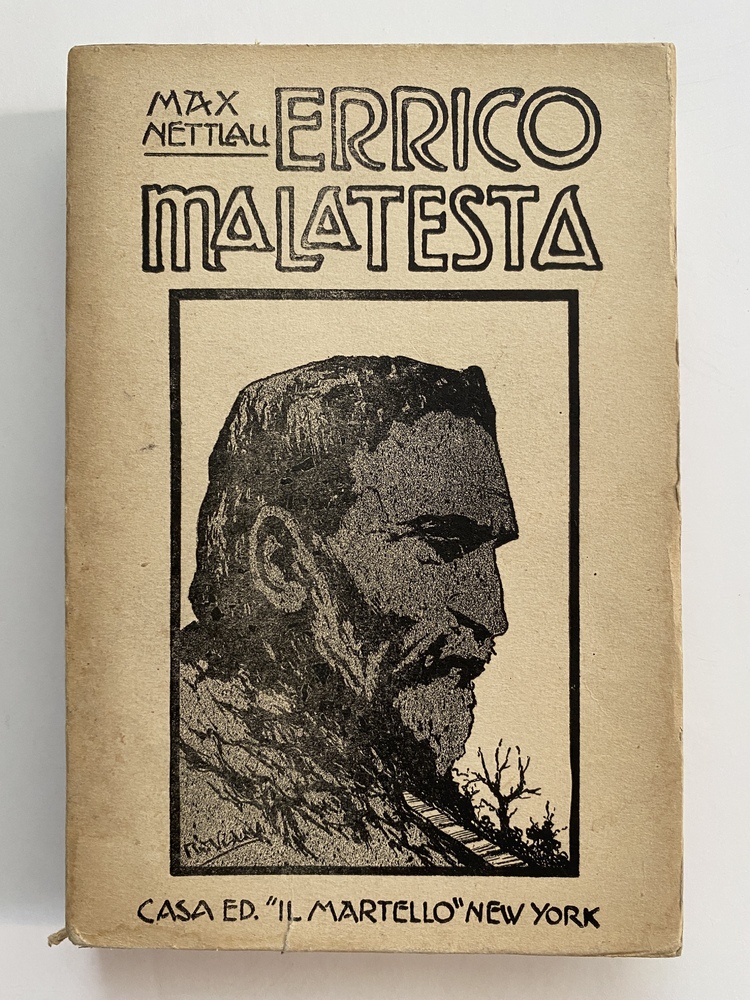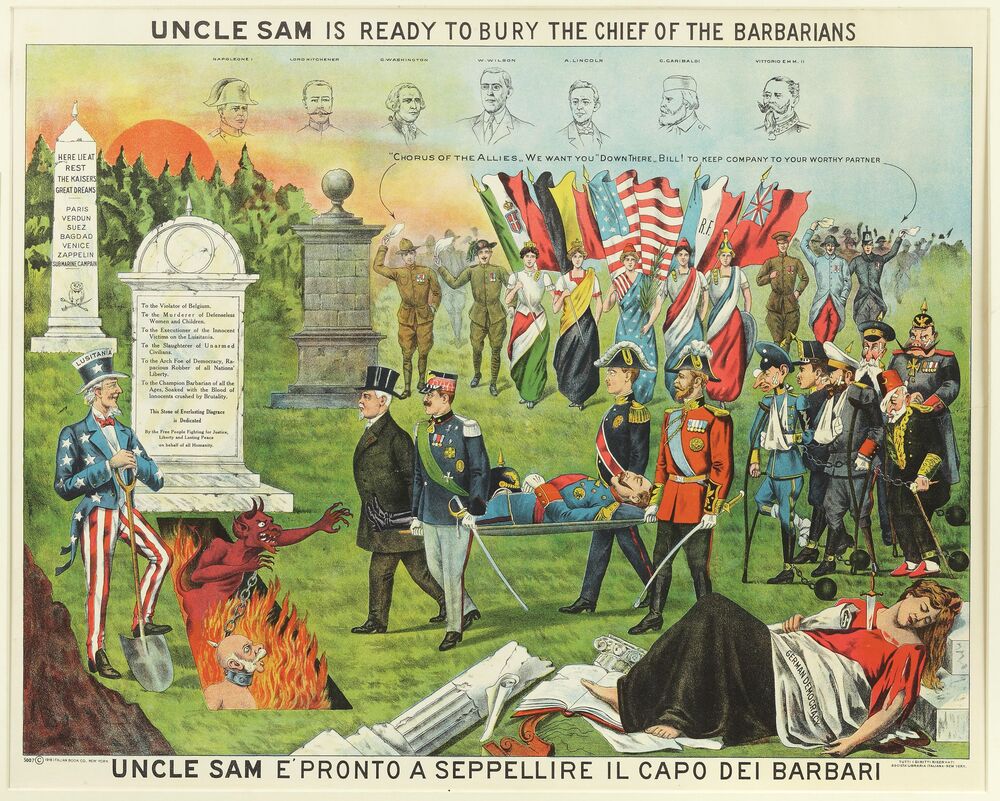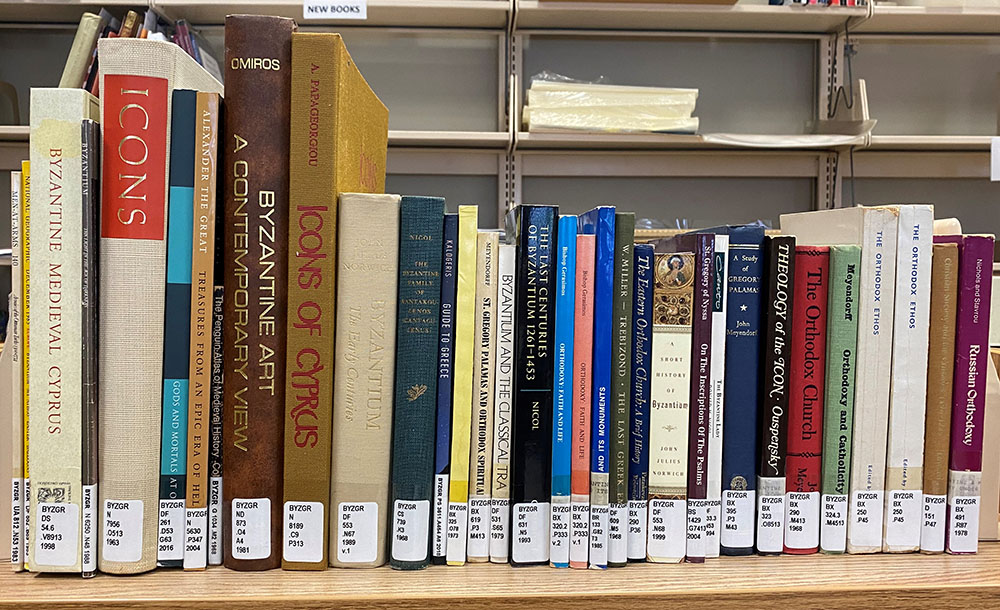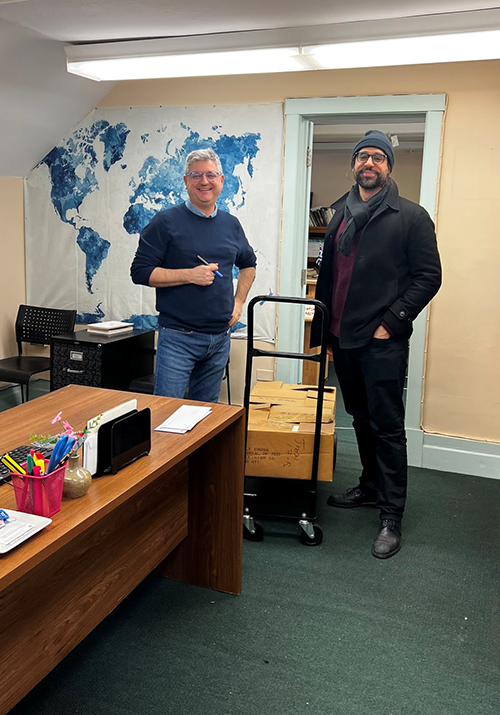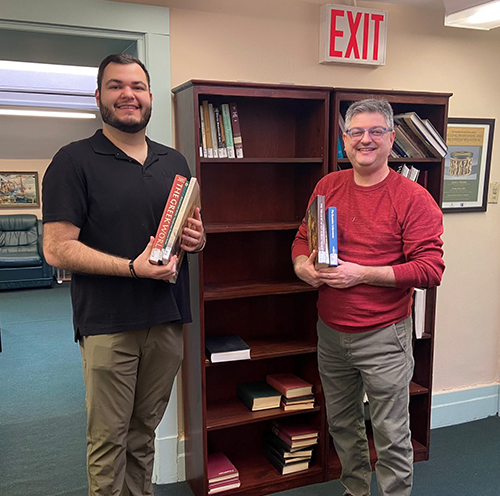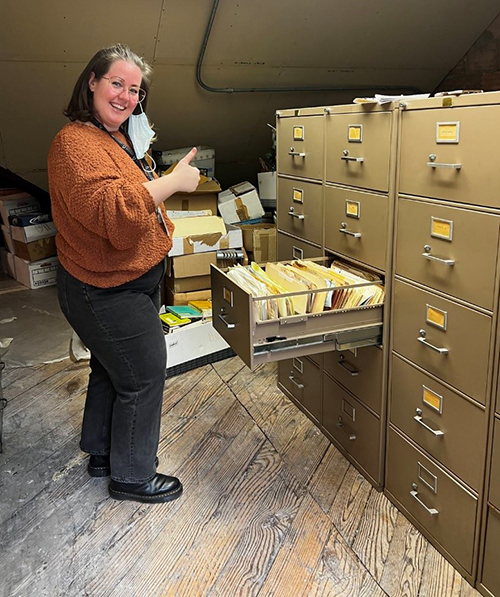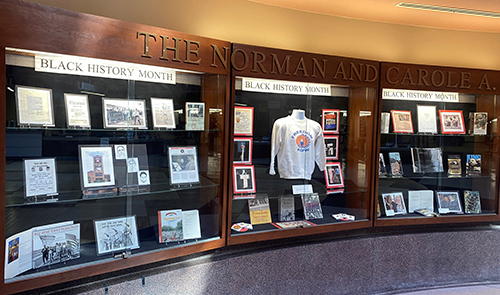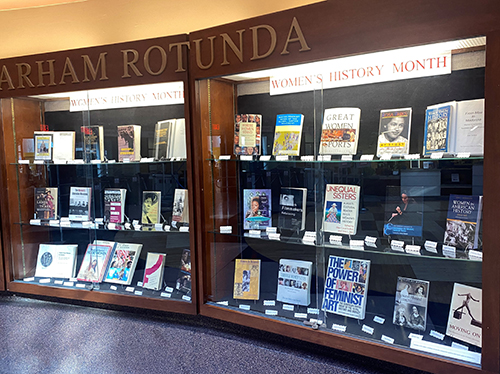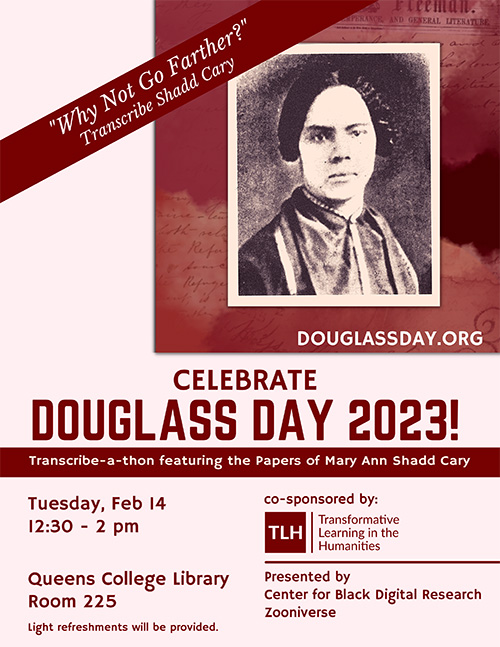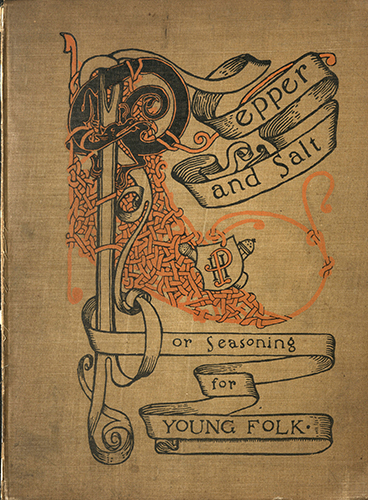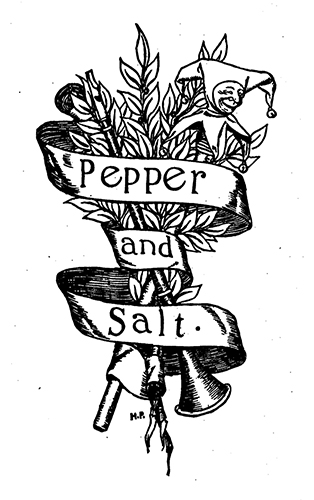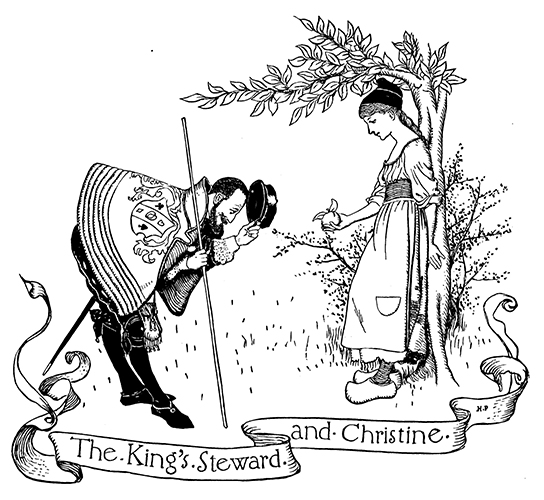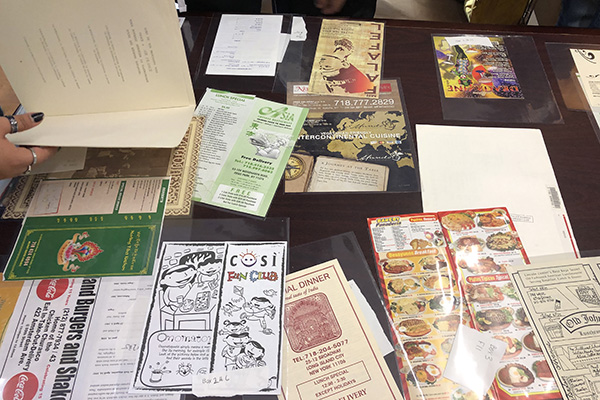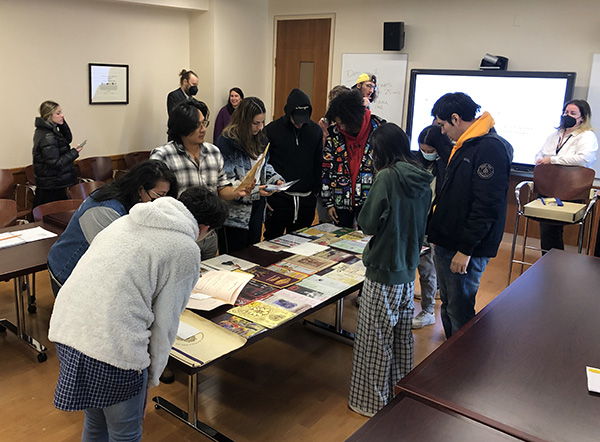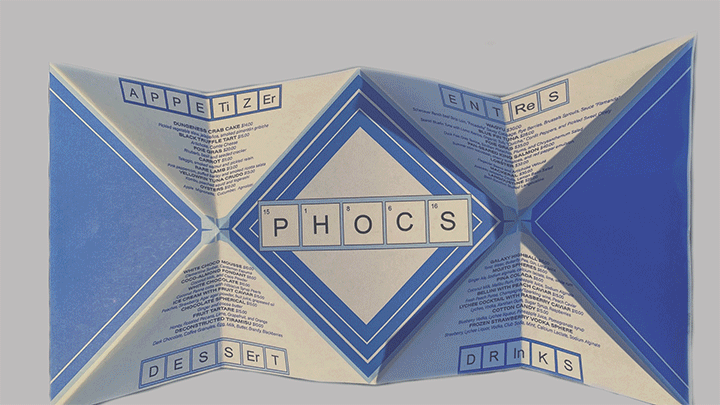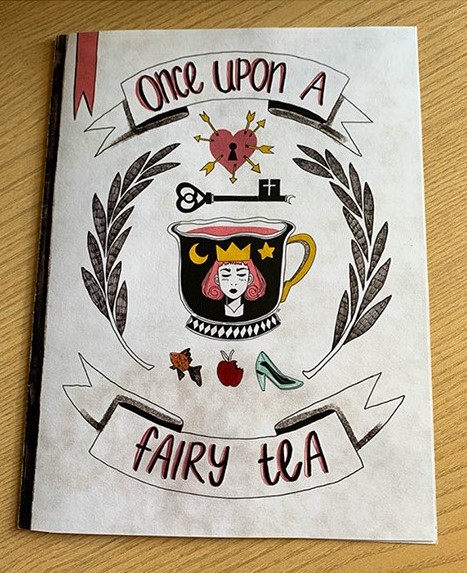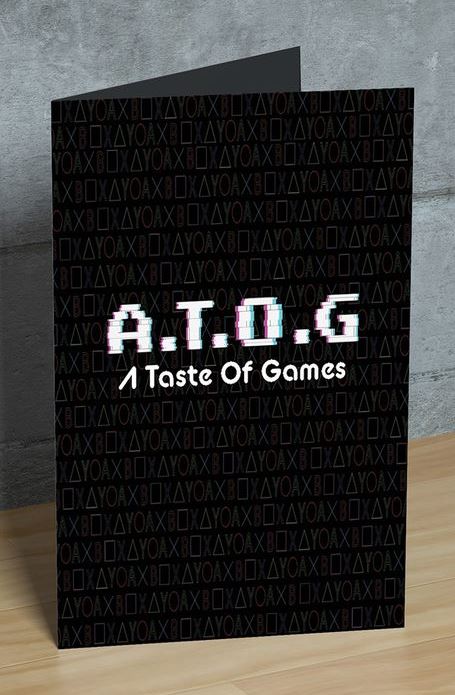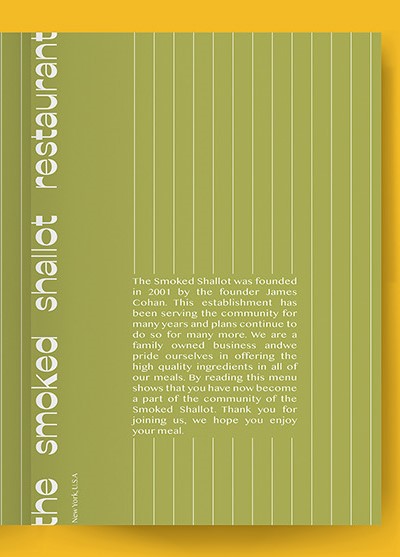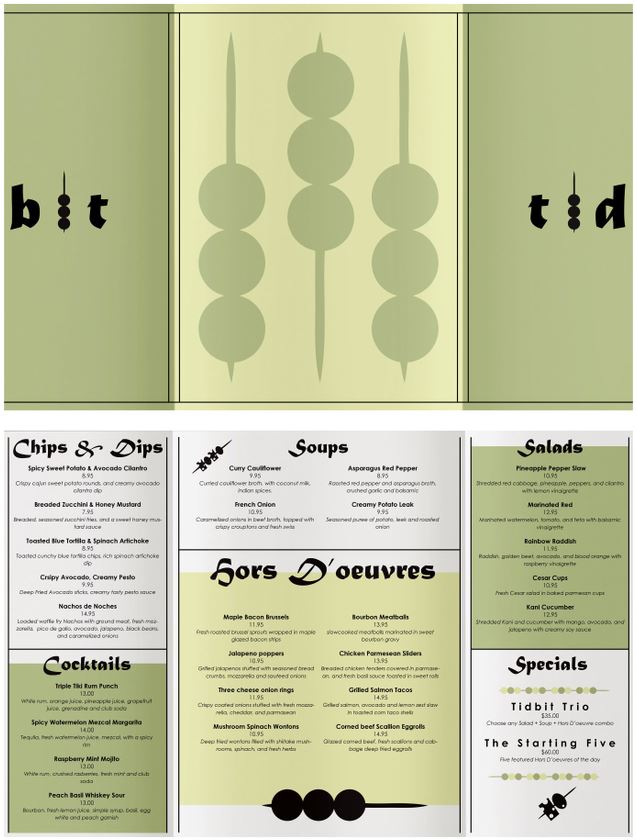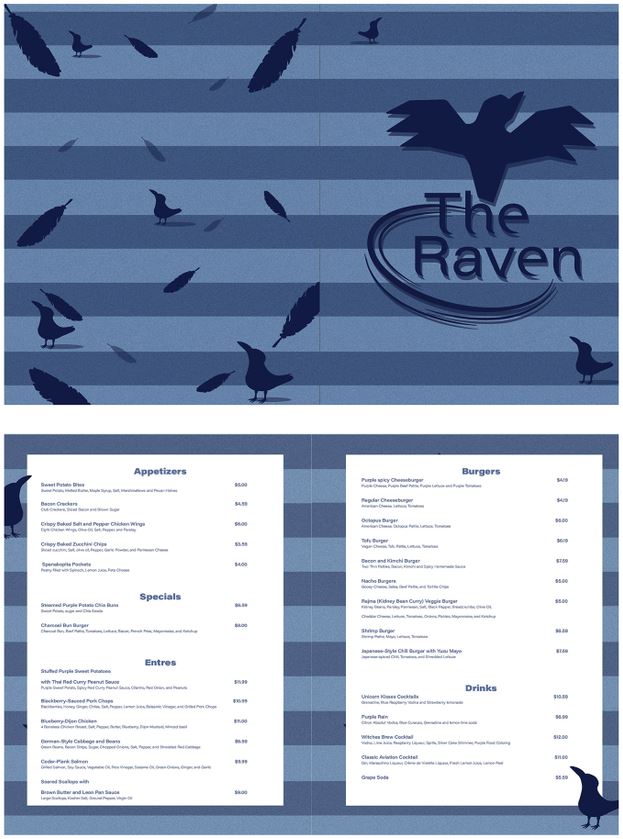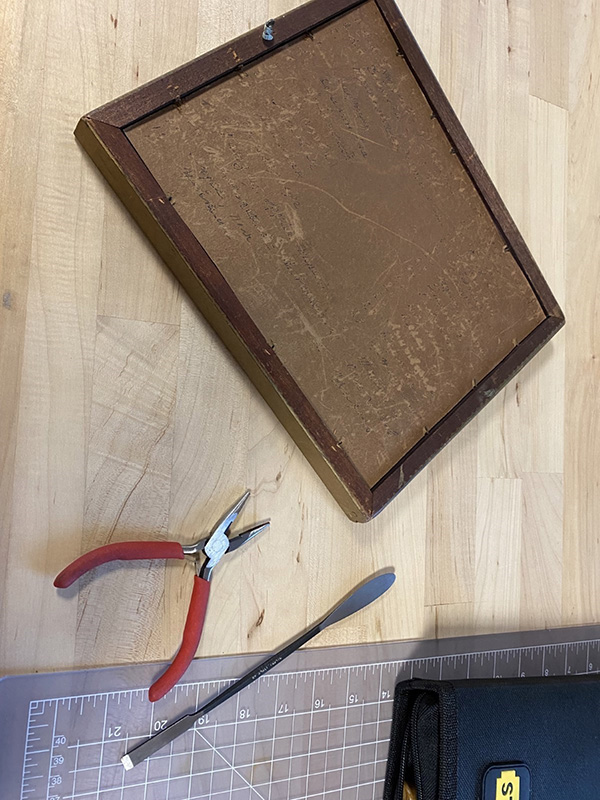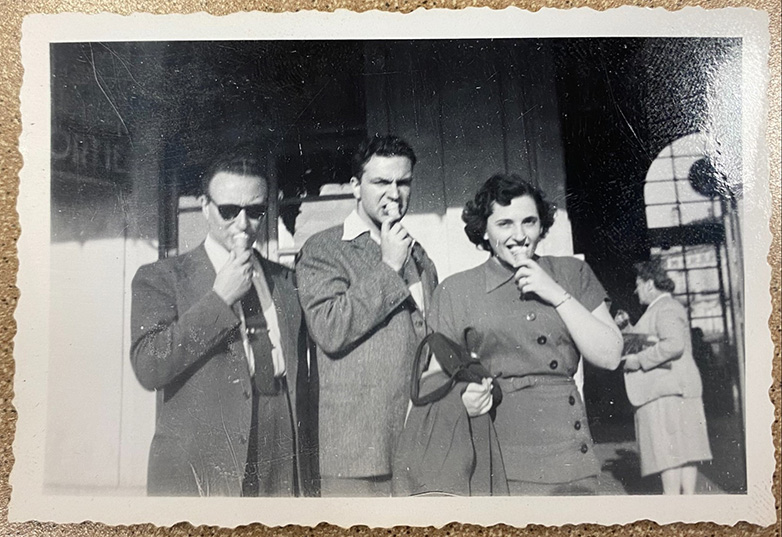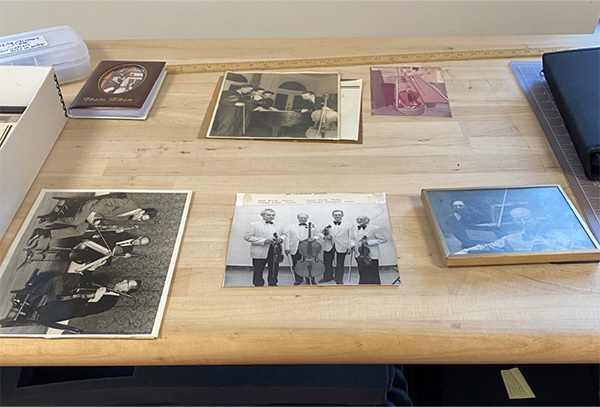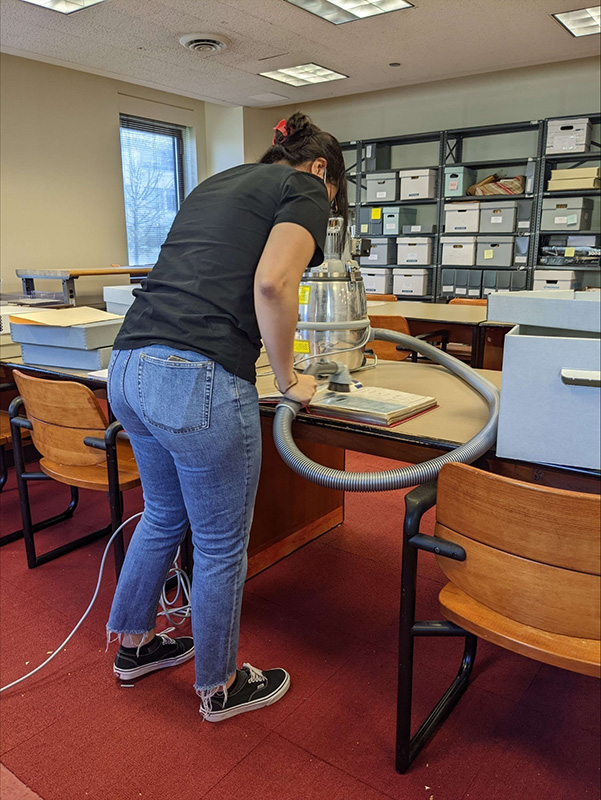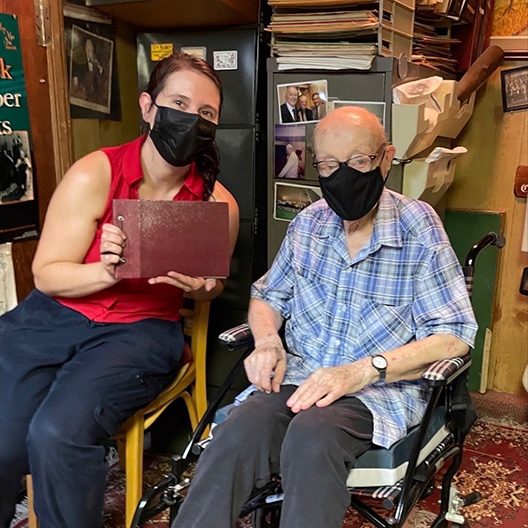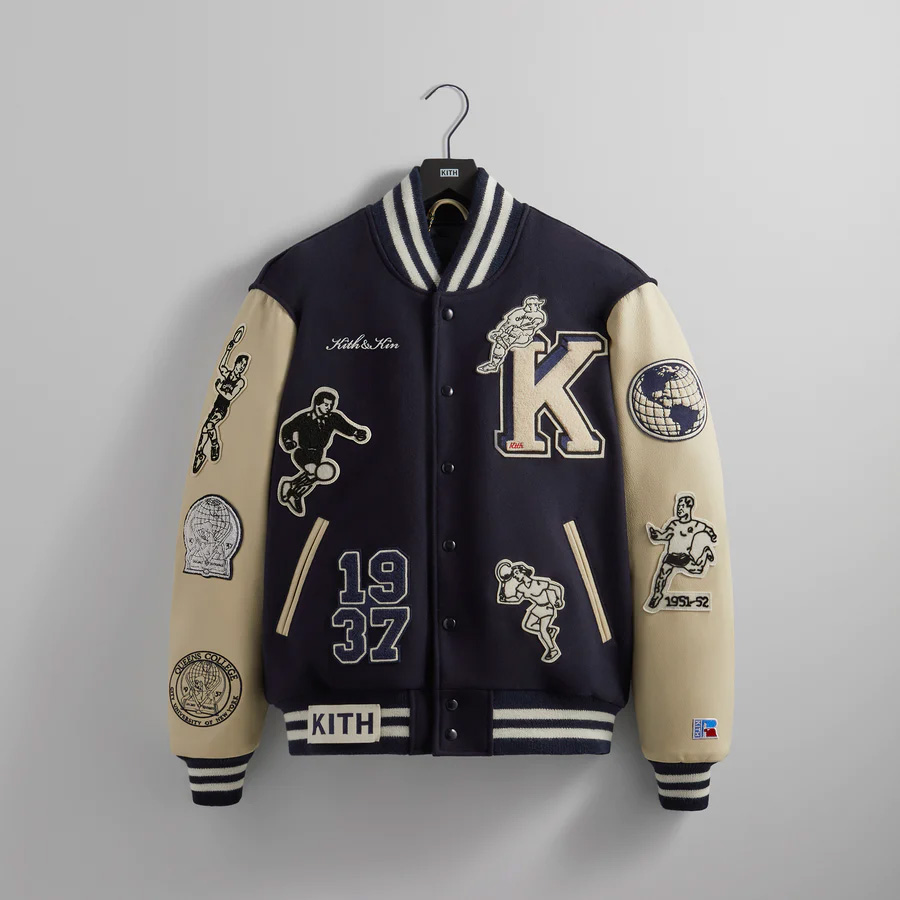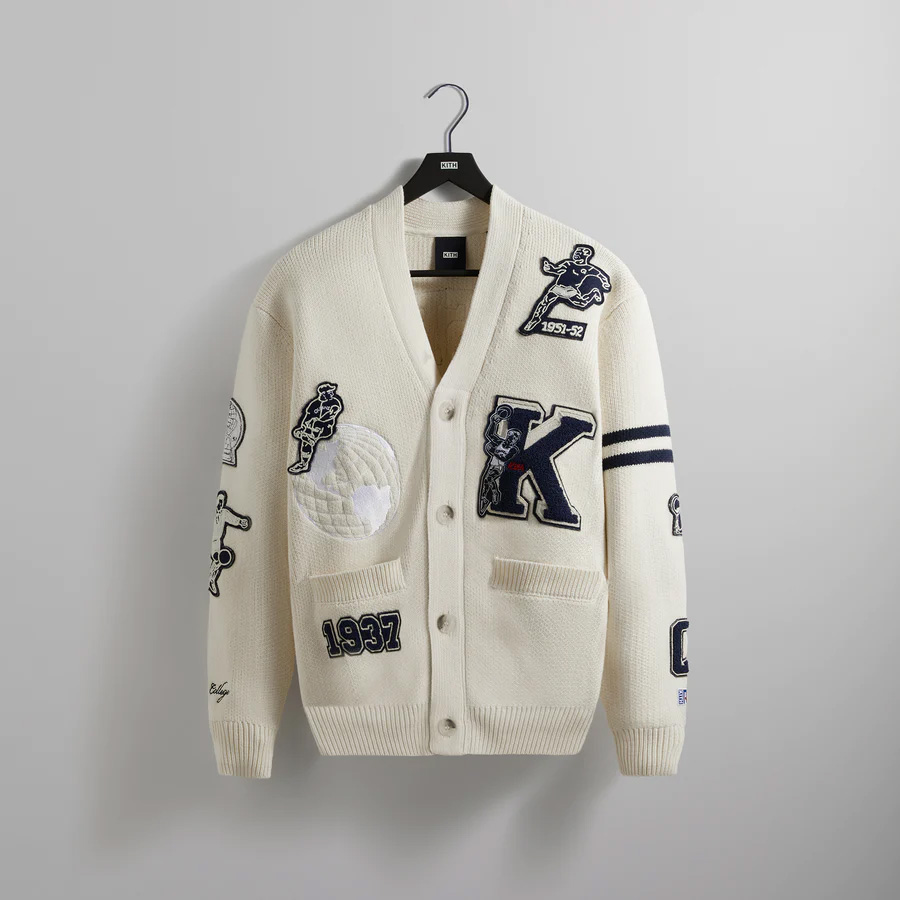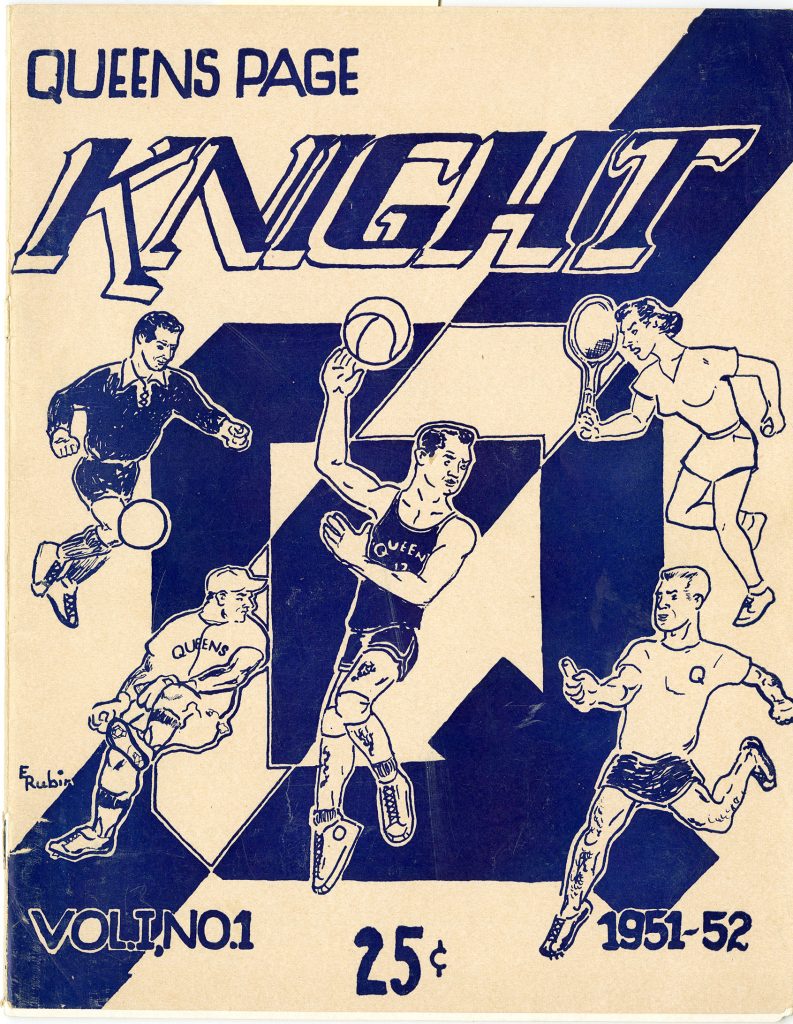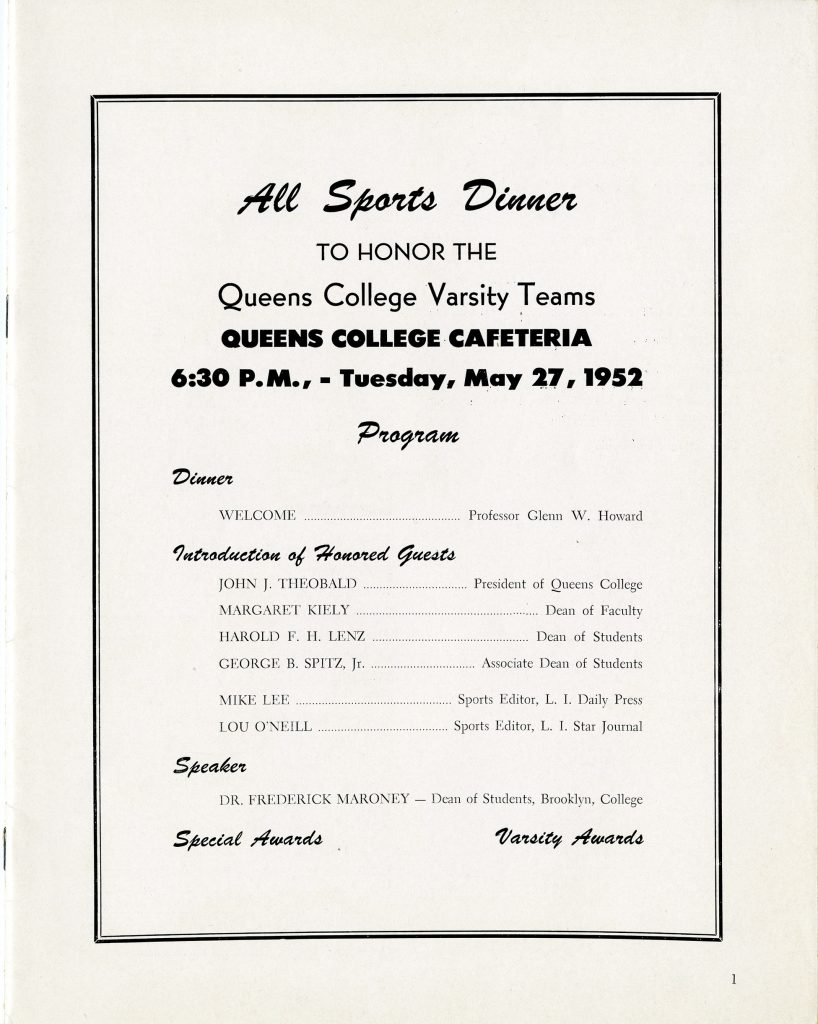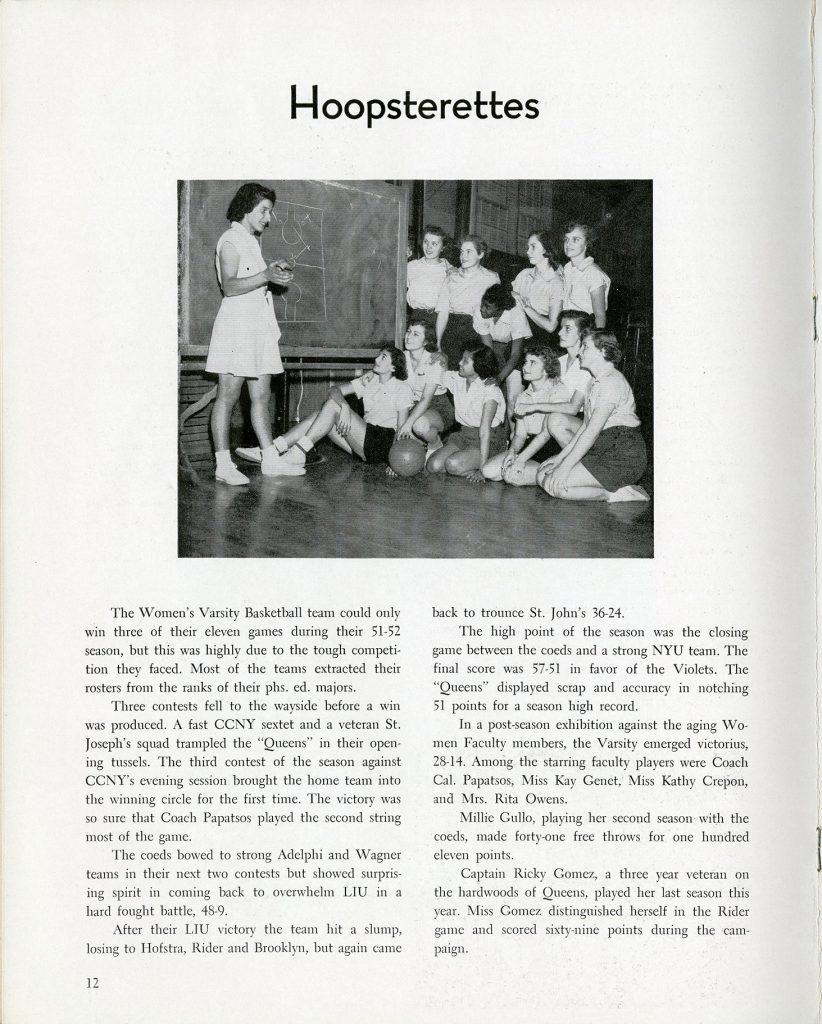The library is pleased to announce that the papers of Queens College basketball legend Lucille Kyvallos are processed and available for research. Transferred to Special Collections and Archives last summer, the collection includes administrative, coaching, and teaching records; awards, photographs, and publications; and other materials that shine a light on the history of women’s college basketball from the late 1960s through the early 1980s.
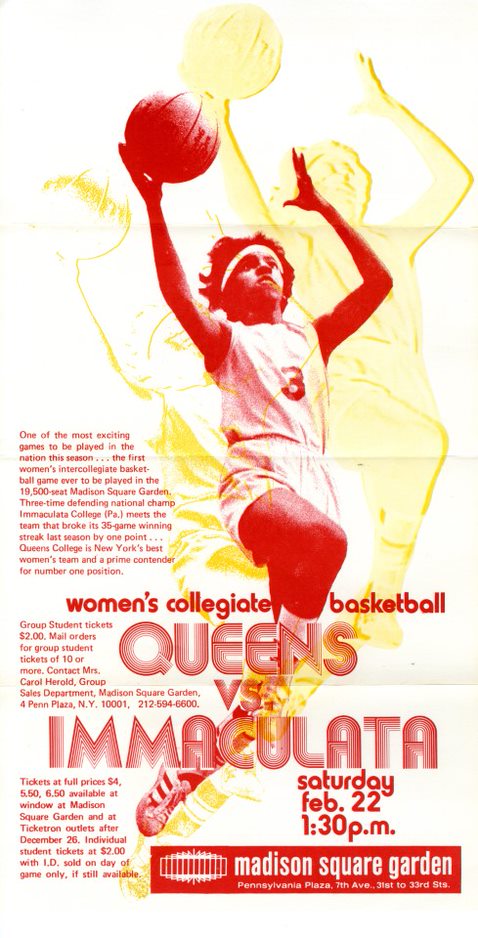
Select items from the collection are on display in a library exhibit, Leaving it All on the Court: Queens College’s Lucille Kyvallos and her Iconic Legacy. Stop by Rosenthal to see photographs, trophies, awards, and primary documents from this extensive and multilayered collection. The exhibit opened March 1st in celebration of Women’s History Month but will remain on display through December of this year. The exhibit is located in the display cases in the Charles J. Tanenbaum room and adjacent lounge area on the 3rd floor.
Lucille Kyvallos is a trailblazer of women’s basketball in collegiate sports. She was the head coach of the women’s basketball team at Queens College from 1968 through 1981, holding an overall record of 239-77. Kyvallos helped bring her team and the sport to the national stage: she coached the first women’s college basketball game played at Madison Square Garden in 1975 and led the 1977 US National Women’s Basketball Team at the World University Games to a silver medal, among other accomplishments. During her tenure, she worked tirelessly to promote women’s college basketball and bring it to a wider audience.
Sarah Barlow-Ochshorn, a graduate Fellow from the Graduate School of Library and Information Studies (GSLIS), processed the collection and curated the exhibit, thanks to generous funding from Lucille Kyvallos and the Department of Recreation and Athletics.

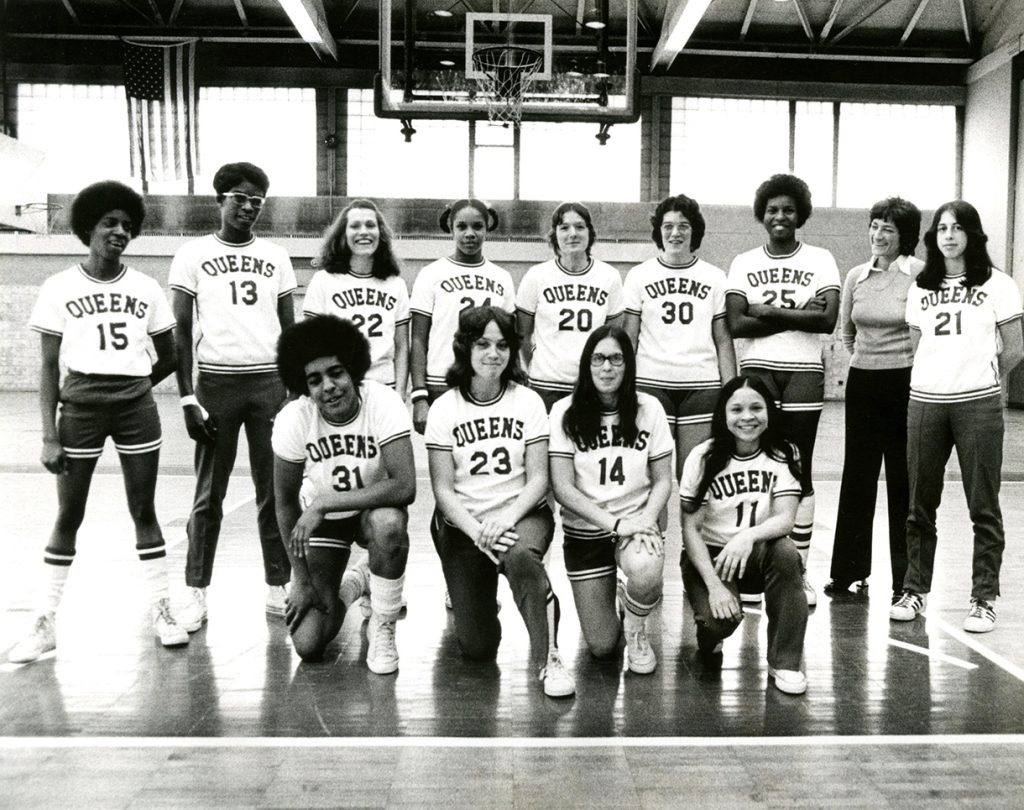
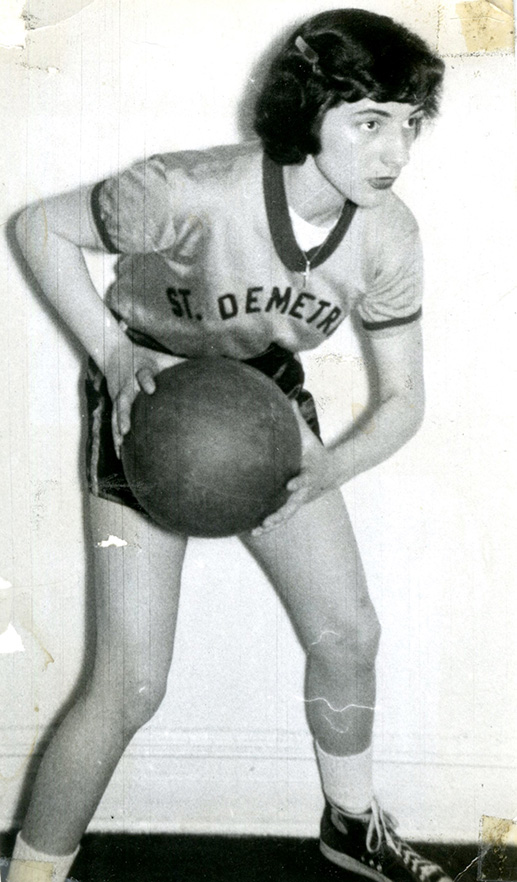
“Getting to learn about Lucille and her impact on women’s collegiate basketball has been a joy. The materials in her collection reveal the perseverance, resilience, and teamwork that led to the success of the QC women’s basketball team in an era when women’s sports lacked adequate support and resources,” said Sarah.
Interested in learning more about Lucille Kyvallos and her collection?
Access the finding aid for the Lucille Kyvallos Athletics Records and Papers now! To book a research appointment, please email qc.archives@qc.cuny.edu.
View an oral history with Lucille Kyvallos, or download the transcript, on the Queens Memory portal.
